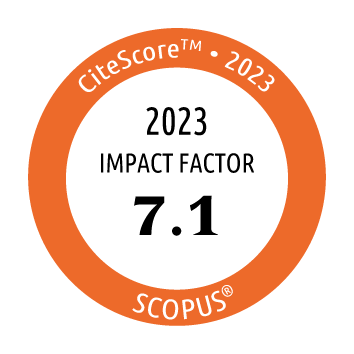| Return to Contents in this Issue | |||||||
Original Article |
|||||||
|
Longitudinal Validation of the Spanish Version of the Health-Related Quality of Life Questionnaire for Hymenoptera Venom Allergy (HRQLHA) |
|||||||
|
Alfaya T1, Vega A2, Domínguez-Noche C3, Ruiz B4, Marqués L5, Sánchez-Morillas L6 |
|||||||
|
1Hospital General
Universitario de Ciudad Real, Ciudad Real, Spain |
|||||||
|
J Investig Allergol Clin Immunol 2015; Vol. 25(6): 426-430 |
|||||||
|
|||||||
|
|
|||||||




